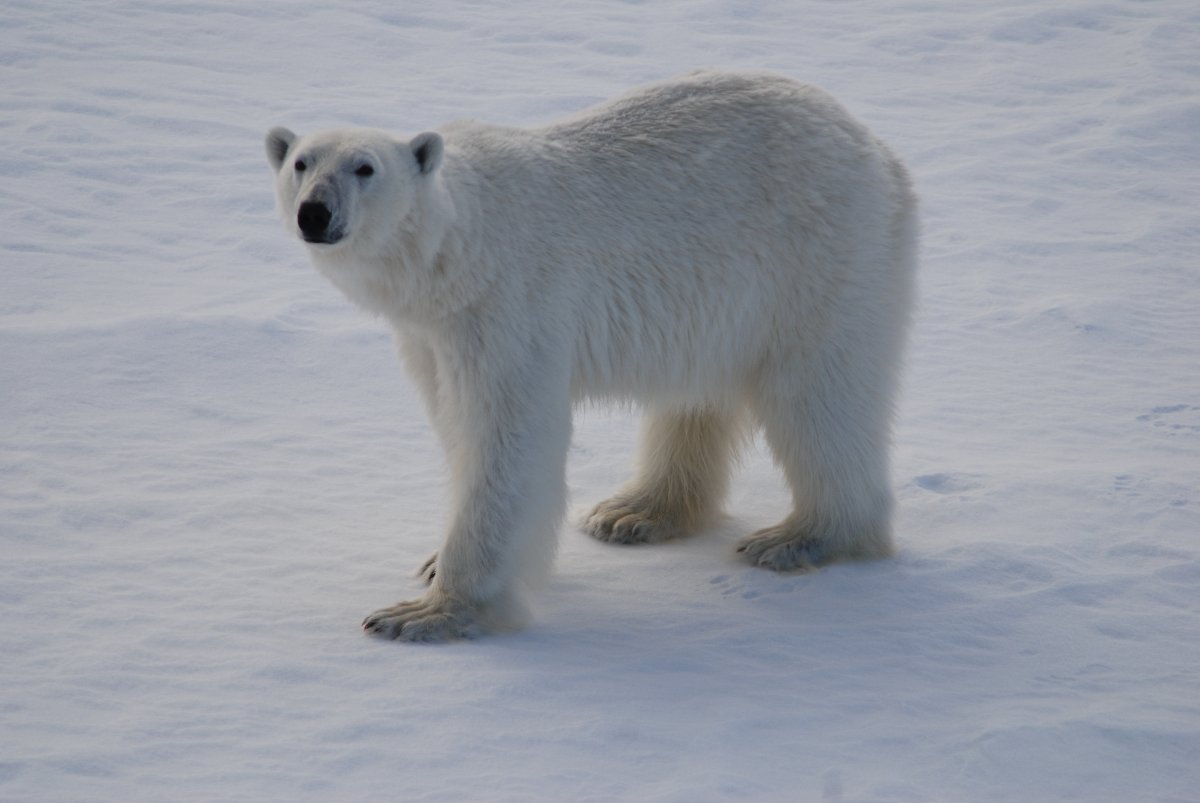
The featured photo in this post shows a polar bear in the Arctic Circle. This bear is at risk of extinction because we have failed to recognize that we are a part of an interdependent ecosystem. As a result of human behavior, the climate is changing so rapidly that the ice melt is threatening the bear’s ability to find food.
In a recent article in the New York Times, “Capitalism Eating its Children,” Roger Cohen wrote eloquently about the need for interdependence. He reported on a conference on “Inclusive Capitalism” at which Mark Carney, the Canadian governor of the Back of England suggested that the core problem of the financial crisis has not gone away. Cohen summarized, “the deep unease and anger in developed countries about the ways globalization and technology magnify returns for the super-rich, operating in a world of low taxation and lax regulation where short-term gain becomes a guiding principle, even as societies become more unequal, offering diminished opportunities to the young, less community, and a growing sense of unfairness. As Bill Clinton noted a couple of hours before Carney’s speech, the first reaction of human beings who feel insecure and under stress is the urge to hang with our own kind. And the world’s greatest challenge is defining the terms of our interdependence.”
In previous posts, I have written about several of these concepts, but Cohen’s article put all the ideas together in a cogent and concise way. I wrote about the need for harmonious inclusion in my book, The Consciousness Solution. I wrote about Thomas Piketty’s book on capitalism, Capital, in my post “Inequality.” And I wrote about how people react to anxiety and stress in my post titled “Positivity.” The post deals with interdependence, the desired outcome of inclusiveness, consciousness, and positivity.
Interdependence simply means actively seeking ways to help each other succeed. The conditions for interdependence are collaboration, trust, and respect. When people think and relate interdependently, social capital increases . . . . and also the potential for broader peace and prosperity. We hear a lot about our interdependent web of existence. We share this planet with 7 billion people and millions of species. Due to our competitive nature and our overarching inclination for independence, we are quickly eliminating vulnerable species like the bear in the photo. The logical extension of these trends is that we end up eliminating ourselves.
One way to measure how we relate to each other in the following scale developed by Robert Carkhuff:
-
- 5: Interdependently
- 4: Collaboratively
- 3: Independently
- 2: Competitively
- 1: Dependently
Dependent people rely on others for direction, innovation, and income. Contrary to Republican propaganda, less than 1% of the federal budget goes to welfare. Dependency almost always results in a lose-lose relationship. The dependent person loses the satisfaction of self-sufficiency and the person on whom they depend loses time and resources.
Human history can be characterized as a competitive scrambling for scarce resources. Wild animals compete for food. Greedy humans compete for power, position, and property. Highly trained athletes compete for glory and dominance. Unfortunately, our two bad genes—ego and aggression—continue to raise their ugly heads.
The United States were built on the fierce fight for independence. Ayn Rand, of course, wrote volumes on the need to pull ourselves up by our own bootstraps. Sadly, many people not only bought that idea, but failed to recognize that no one has made it “on their own.” The privileged among us all had help in one form or another. At best, independent thinking and relating can result in win-win outcomes, i.e. you get what you want and I get what I want. Each person achieves his or her individual goals.
We have recently recognized that collaboration offers many benefits that go beyond individual goal achievement. People who collaborate are open to sharing and see the value in striving for the collective good. As the “team” succeeds, so also does the individual. As every country becomes more participative, productive, peaceful, and prosperous, the global economy grows.
Interdependence goes beyond collaboration because it is more active. Interdependence means having a mission beyond yourself. The purpose of interdependence is to be helpful. It is not driven by ego, greed, or aggression.
The polar bears are at risk because we have failed as a society to think and relate interdependently. We even refuse to collaborate when both parties gain from open sharing. If we continue to see the world through a competitive and independent lens, our demise won’t be far behind that of the polar bear. As Bill Clinton stated, “the world’s greatest challenge is defining the terms of our interdependence.”
Also published on Medium.


